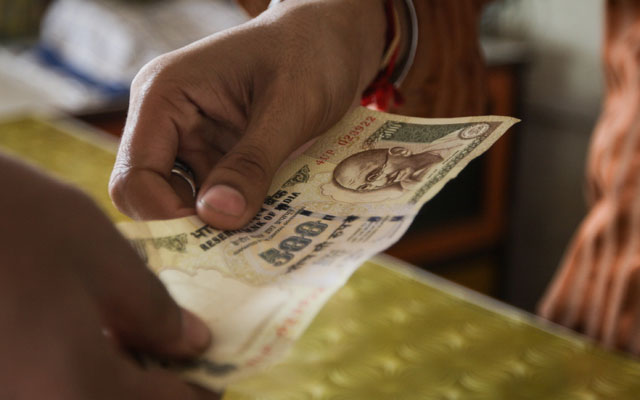Stock prices and exchange rates in emerging markets such as India and Indonesia are taking a beating this week. The immediate cause is that the Federal Reserve just might reduce the gigantic amount of stimulus it’s been applying to the world economy. What’s really on display is the failure of long-term loose money to substitute for fundamental economic change.
The Indian rupee has touched an all-time low against the dollar; Indonesian stocks have dropped 11 percent in four days; the Turkish lira is near record lows; and the Brazilian real and its main stock index are both down more than 15 percent this year. And there’s more.
Asset price drops are not real news, but the breadth of the decline is notable and the explanation is unpleasant. The prevailing thinking is that investors are responding to the possibility that the Fed is going to taper—not end, just taper—its historic liquidity push. The fact that tapering to merely high stimulus could have such an impact is disturbing on multiple levels.
For the countries immediately involved, the concern is clear: They are highly vulnerable to U.S. monetary policy, a vulnerability that can stem only from internal weaknesses. These countries have substituted loose money for reform, which is always unwise but especially so when someone else controls the taps.
The rest of the world, certainly including the U.S., should take heed. Five years of wildly loose credit does not seem to have led to a self-sustaining expansion, even in economies thought to be the world’s rising stars. Credit expansion is just a painkiller, and an addictive one at that. Economic problems can’t be masked; they have to be treated with fundamental policy change. Productivity must increase and debt must fall.
The suggestion that the Fed might tighten somewhat is blasting some emerging economies this month. Actual Fed tightening poses considerable risks to any economy, including ours, where the genuinely important policy improvements have not been made.
